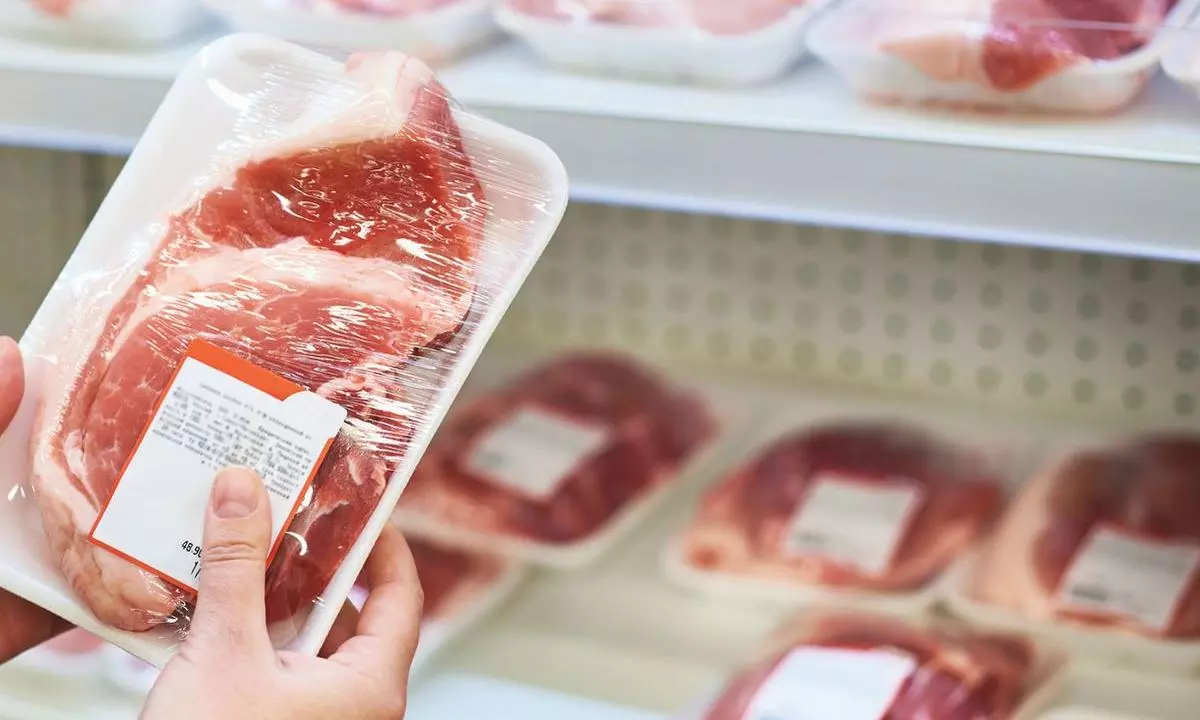
Deadly drug-resistant superbugs found in 40% of supermarket meat samples
text_fieldsLondon: In an alarming find, researchers have discovered multi drug-resistant E. coli in 40 per cent of supermarket meat samples.
The team analysed 100 meat products (25 each of chicken, turkey, beef and pork) chosen at random from supermarkets in Oviedo, Spain.
The majority (73 per cent) of the meat products contained levels of E. coli that were within food safety limits. Despite this, almost half contained multi drug-resistant and/or potentially pathogenic E. coli.
The percentage of positive samples for E. coli per meat type was 68 per cent turkey, 56 per cent chicken, 16 per cent beef and 12 per cent pork.
The study’s authors add that this underscores the importance of surveilling meat products for pathogens, as well as vaccinating livestock against diseases.
Antibiotic resistant bacteria or “superbugs” are one of the biggest dangers facing public health today. In the U.S. alone, nearly 3 million Americans contract a drug-resistant infection annually with 35,000 dying as a result, according to the Centers for Disease Control and Prevention (CDC).
Multi drug-resistant bacteria can spread from animals to humans through the food chain but, due to commercial sensitivities, data on levels of antibiotic-resistant bugs in food is not made widely available.
"Farm-to-fork interventions must be a priority to protect the consumer. For example, implementation of surveillance lab methods to allow further study of high-risk bacteria (in farm animals and meat) and their evolution due to the latest EU restriction programmes on antibiotic use in veterinary medicine," said Dr Azucena Mora Gutierrez of the University of Santiago de Compostela-Lugo, Lugo, Spain.
The study was set to be presented at European Congress of Clinical Microbiology & Infectious Diseases (ECCMID 2023) in Copenhagen, from April 15-18.
Antibiotic resistance is reaching dangerously high levels around the world.
Drug-resistant infections kill an estimated 700,000 people a year globally and the figure is projected to rise to 10 million by 2050 if no action is taken, according to the World Health Organization (WHO).
The researchers called for regular assessment of levels of antibiotic-resistant bacteria in meat products.
"Strategies at farm level, such as vaccines, to reduce the presence of specific multi drug-resistant and pathogenic bacteria in food-producing animals, would reduce the meat carriage and consumer risk, said Dr Mora Gutierrez.
With inputs from agencies























